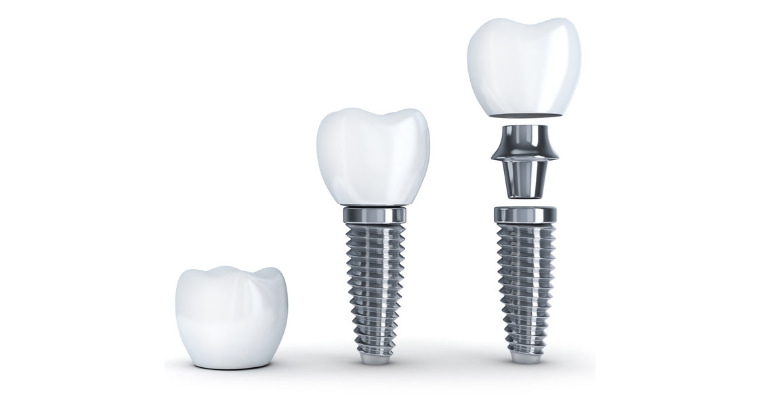What Are Dental Implants?
A dental implant is a titanium post surgically inserted into the jawbone to replace a missing tooth root. It fuses with the bone (osseointegration) and supports a custom-made crown. Unlike dentures, implants:
- Mimic natural teeth in function and appearance.
- Prevent bone loss by stimulating the jaw.
- Require no adhesives or adjacent tooth alteration.
Cutting-Edge Innovations in Implant Technology
- Guided Implant Surgery: 3D cone-beam scans create precise surgical guides, reducing procedure time to 1–2 hours.
- Nano-Surface Titanium: Implants with nanostructured surfaces enhance bone integration by 40% (Journal of Dental Research, 2023).
- Same-Day "Teeth in a Day": Immediate-load implants allow temporary crowns to be placed within 24 hours.
The Implant Procedure: Step-by-Step
- Consultation: CT scans assess bone density and nerve positions.
- Bone Grafting (if needed): For patients with insufficient jawbone.
- Implant Placement: Performed under local anesthesia.
- Healing Phase: 3–6 months for osseointegration.
- Abutment & Crown Attachment: Final prosthetic is secured.
Material Choices: Balancing Durability and Aesthetics
- Titanium: The gold standard for strength and biocompatibility.
- Zirconia: Metal-free option ideal for patients with allergies or front teeth.
- Hybrid Designs: Titanium bases with zirconia crowns for optimized performance.
Advantages Over Traditional Tooth Replacement
- Longevity: 95% success rate over 10+ years with proper care.
- Oral Health Preservation: Prevents adjacent teeth shifting and bone resorption.
- Diet Freedom: Restores full chewing power for foods like steak and nuts.
Conclusion
Dental implants represent a fusion of biomechanics and aesthetics, providing solutions that last decades. While requiring surgical precision, their ability to improve quality of life makes them a worthwhile consideration for those seeking permanent tooth replacement. Always consult a certified prosthodontist to determine candidacy.

